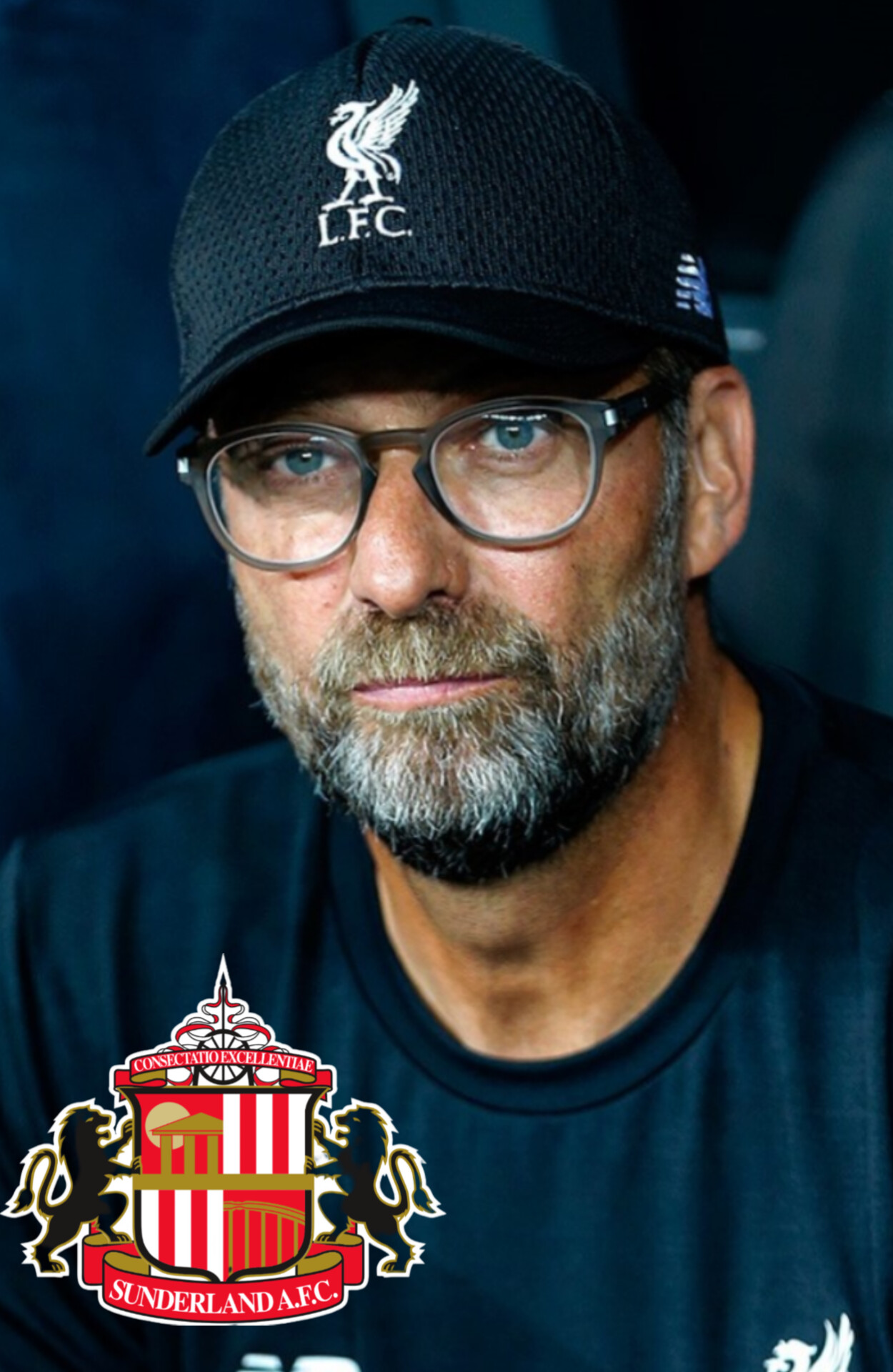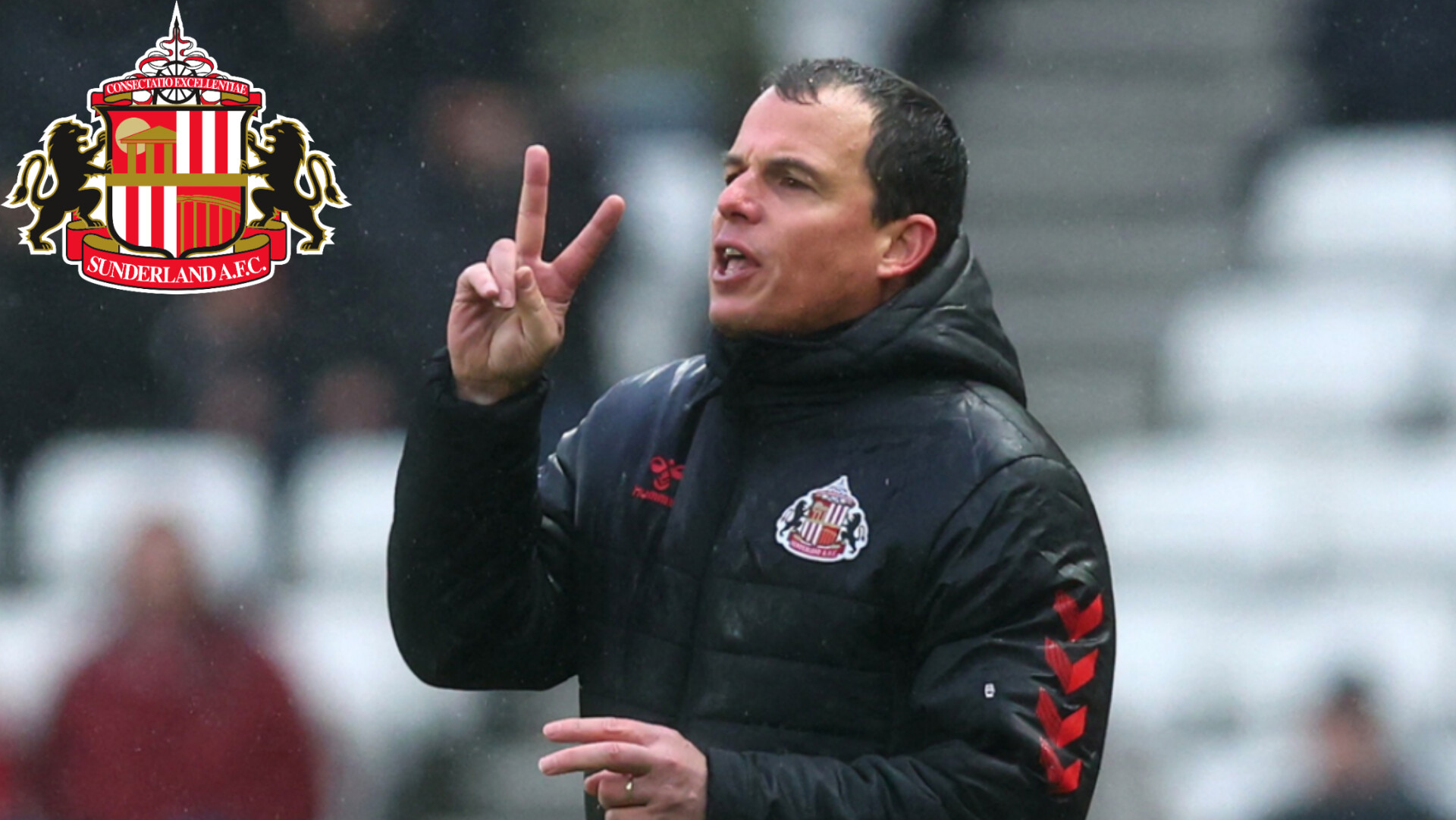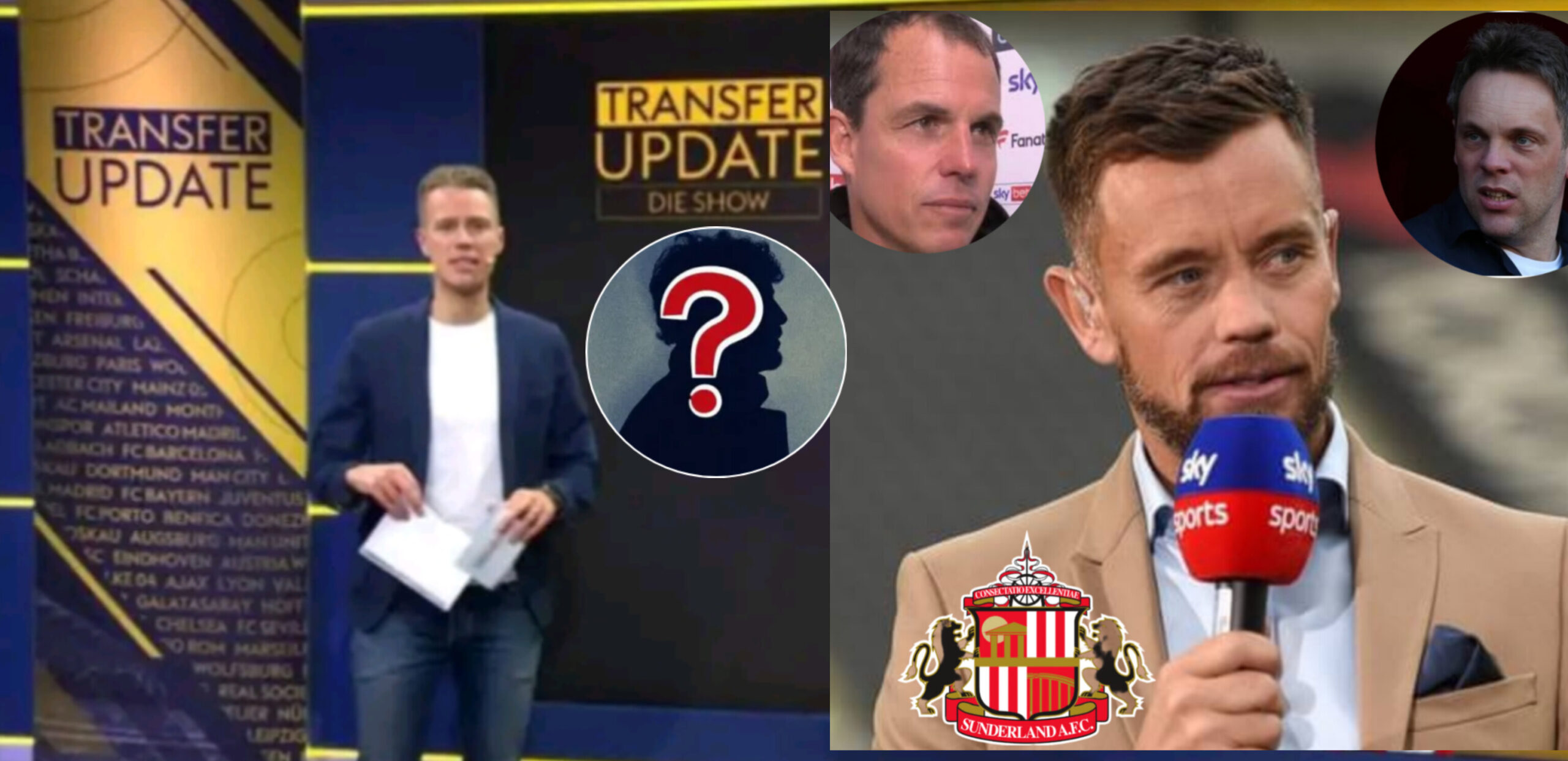The journey of strikers finding their scoring touch is often a narrative of patience, perseverance, and psychological relief. Two players currently embodying this experience are Sunderland’s Aaron Connolly and Luis Semedo, each navigating their own unique paths to goal-scoring redemption.
Aaron Connolly, representing the Republic of Ireland, experienced a brief but challenging six-game drought before dramatically breaking his scoring account for Sunderland with a spectacular volley against Millwall. The moment represented more than just a goal—it was a psychological unburdening for the summer acquisition, symbolizing the mental relief that accompanies a long-awaited breakthrough.
However, Connolly’s relatively short goal-scoring hiatus pales in comparison to the extended goal-scoring drought experienced by Luis Semedo, who has been navigating an even more complex professional journey after his transfer to Juventus. Following 23 goalless appearances for Sunderland in the Championship, Semedo was loaned to Juventus with a potential buy option, primarily assigned to their reserve team in Italy’s third tier.
Semedo’s early performances did little to inspire confidence, with 13 consecutive matches without scoring against lower-division teams like Avellino, Picerno, and Trapani. Questions lingered about his potential and suitability for professional football at this level. However, a recent match against Trapani saw Semedo dramatically change this narrative, scoring a goal that demonstrated the kind of clinical finishing reminiscent of Sunderland teammate Wilson Isidor.
Luis Castro, a former Benfica coach who has closely observed Semedo’s development, offers a nuanced perspective on the young striker’s potential. While acknowledging Semedo’s comprehensive skill set—highlighting his physical abilities and technical qualities—Castro emphasizes the critical importance of consistent professionalism and self-demand.
Castro’s comments suggest that Semedo possesses all the raw ingredients necessary for success but requires significant personal development. The coach believes Semedo will mature later than some of his contemporaries, urging him to maintain unwavering daily commitment to improve his chances of breaking into Juventus’s first team.
The potential return of Semedo to Sunderland remains an open possibility, with Juventus retaining the option to send him back. This uncertainty adds another layer of complexity to his career trajectory. However, the emergence of Regis Le Bris as Sunderland’s manager offers a potentially transformative context, with the coach demonstrating a remarkable ability to nurture and develop young talents.
The broader narrative extends beyond individual performances, touching on the psychological dimensions of professional sports. For players like Connolly and Semedo, a single goal can represent far more than a statistical achievement—it symbolizes hope, potential, and the persistent belief that breakthrough moments can redefine entire career narratives.
While Semedo’s future remains uncertain, with just one goal in 14 matches, football history is replete with examples of strikers who needed that solitary goal to unlock their true potential. His recent strike might well be the catalyst that transforms his professional journey, offering a glimpse of the promise that initially attracted clubs like Benfica and Juventus to his talents.
The story of Luis Semedo serves as a compelling reminder of the unpredictable and deeply personal nature of athletic development, where potential is a delicate interplay of skill, opportunity, psychological resilience, and unwavering self-belief.






